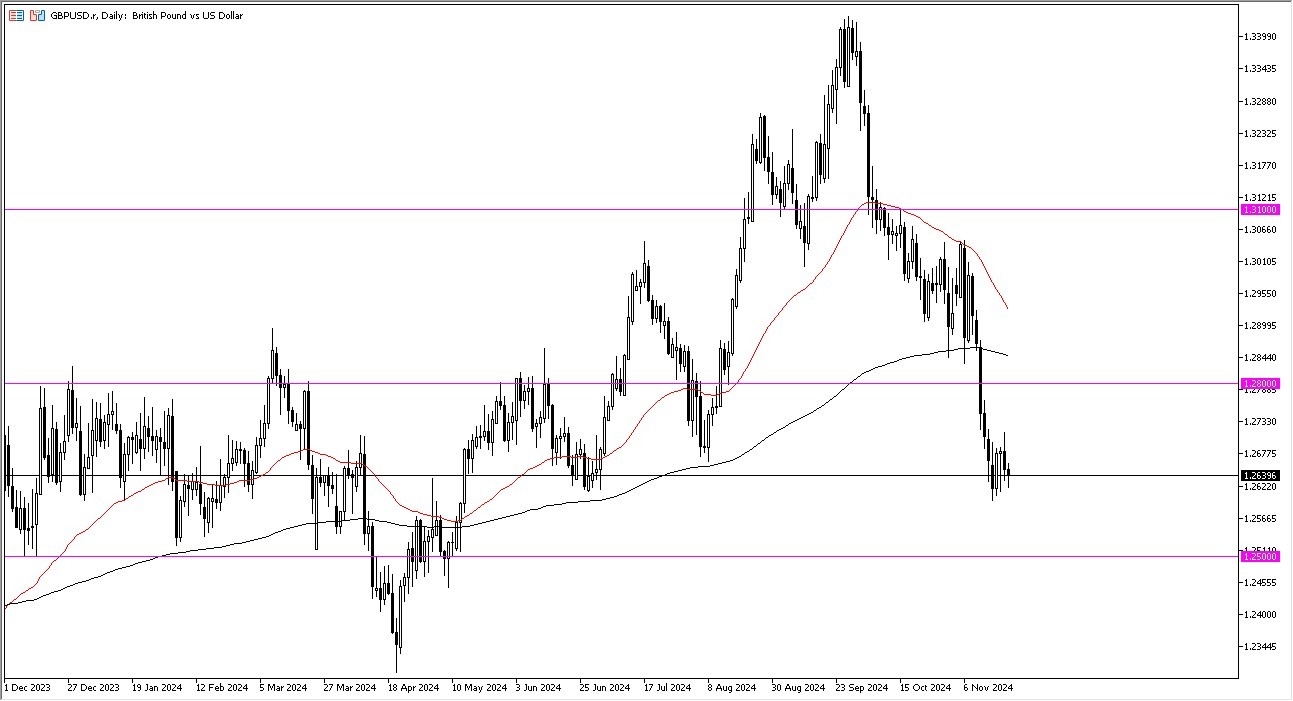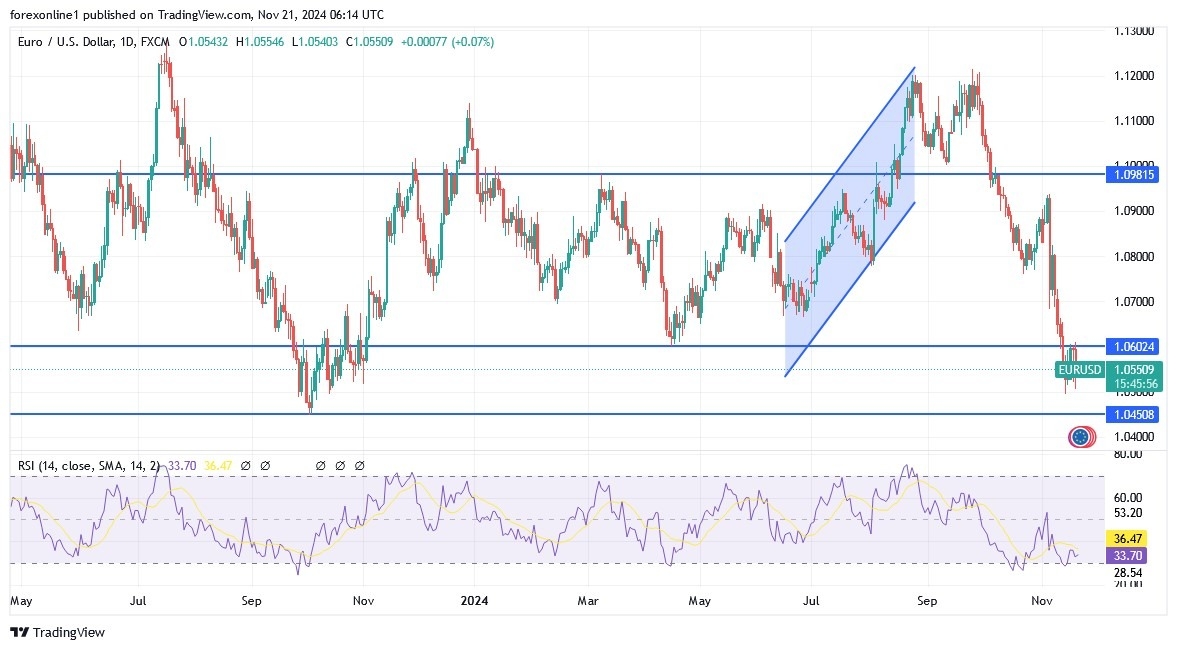XRP Ledger Makes Major Leap for Institutional-Grade DeFi as This Feature Launches
Disclaimer: The opinions expressed by our writers are their own and do not represent the views of U.Today. The financial and market information provided on U.Today is intended for informational purposes only. U.Today is not liable for any financial losses incurred while trading cryptocurrencies. Conduct your own research by contacting financial experts before making any investment decisions. We believe that all content is accurate as of the date of publication, but certain offers mentioned may no longer be available.
According to an exciting announcement by the RippleX official X account, the XRPL oracle pricing amendment is now live. This amendment adds a “Price Oracle” feature to XRP Ledger, as defined in the XLS-47 specification.
The XRPL price oracle is intended to store pricing information about asset pairs that exist outside of XRP Ledger, allowing smart contracts that rely on XRP Ledger to use this information.
A blockchain oracle is a system in which a service feeds information to the blockchain about the outside world, which may subsequently be accessed by decentralized apps (dApps) that run primarily on or with the blockchain.
Oracles provide a secure and efficient means of bringing real-world data onto a given blockchain system for smart contract use. This is particularly critical for institutional DeFi, which is central to XRPL.
XRPL’s Oracle is protocol-native, which means that it is built into the network itself and not a Layer 2, similar to XRPL’s AMM. External oracles such as Band Protocol and DIA, which are currently integrated into XRPL, will also be able to connect and provide price feed data.
With the new XRPL price oracle and integrations with Band Protocol and DIA, XRPL’s native oracles will be able to offer real-time data for key DeFi features like the AMM and lending protocols. This represents a significant step forward for institutional-grade DeFi.
The XRPL DID amendment went live last week, marking yet another significant milestone for XRP Ledger. DID is a unique, user-owned identifier that is not controlled by any central authority.
Use cases for XRP price oracle
Many upcoming XRPL protocols will require oracles, such as the XRPL Lending Protocol for lending rates and liquidation management, as well as the XRPL AMM and DEX for determining asset prices across all Web2 and Web3 marketplaces. The XRPL EVM Sidechain will also need it to support EVM smart contracts and quick data syncs between the mainnet and sidechain.
Tokenized assets would also require an XRP price oracle. In February, Ripple and Zoniqx announced a partnership that will bring Zoniqx’s asset tokenization infrastructure to XRP Ledger. This would require that the prices of real-world assets be streamed on-chain in real time.
Written by : Editorial team of BIPNs
Main team of content of bipns.com. Any type of content should be approved by us.
Share this article:












